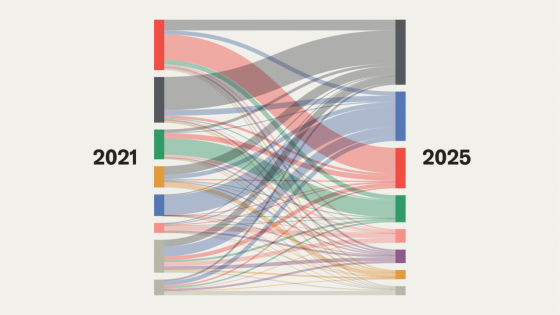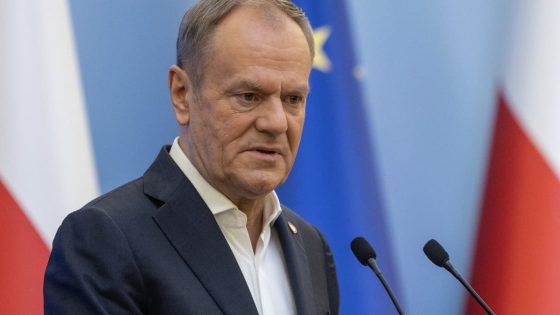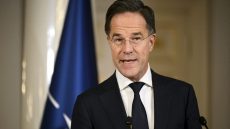In the lead-up to Germany‘s election on February 23, 2025, public sentiment reveals significant discontent with the leading candidates. Only 40% of Germans consider Friedrich Merz, the leader of the Christian Democrats (CDU), suitable for the chancellorship, while his rivals are viewed even less favorably. The election is set against a backdrop of economic challenges and contentious immigration debates that have highlighted deep divisions among the electorate.
- Low support for CDU leader Friedrich Merz
- Economic decline impacting voter sentiment
- Immigration debate revealing voter divides
- "None of the above" could win election
- Election outcome influenced by key trends
The upcoming German election is marked by a lack of confidence in the leading candidates. Friedrich Merz, the CDU leader, is seen as the probable next chancellor, but public approval is low. This dissatisfaction stems from a shrinking economy and heated discussions surrounding immigration policy, which have polarized voters. The political landscape is increasingly fragmented, indicating that many voters may feel unrepresented.
Recent surveys highlight the extent of this discontent:
- Only 40% of respondents view Merz as a suitable candidate.
- His opponents are perceived even less favorably.
- Economic downturns have exacerbated voter dissatisfaction.
As the election date approaches, understanding the Trends influencing voter behavior is crucial. Economic issues, including inflation and job security, are at the forefront of voters’ minds. Additionally, the debate over immigration has intensified, with various parties presenting differing solutions. The outcome of this election could hinge on how effectively candidates address these pressing concerns.
In summary, the German election on February 23, 2025, is characterized by widespread voter dissatisfaction with the leading candidates. As economic and immigration issues dominate public discourse, the election outcome remains uncertain, reflecting a broader trend of discontent among the electorate.

































